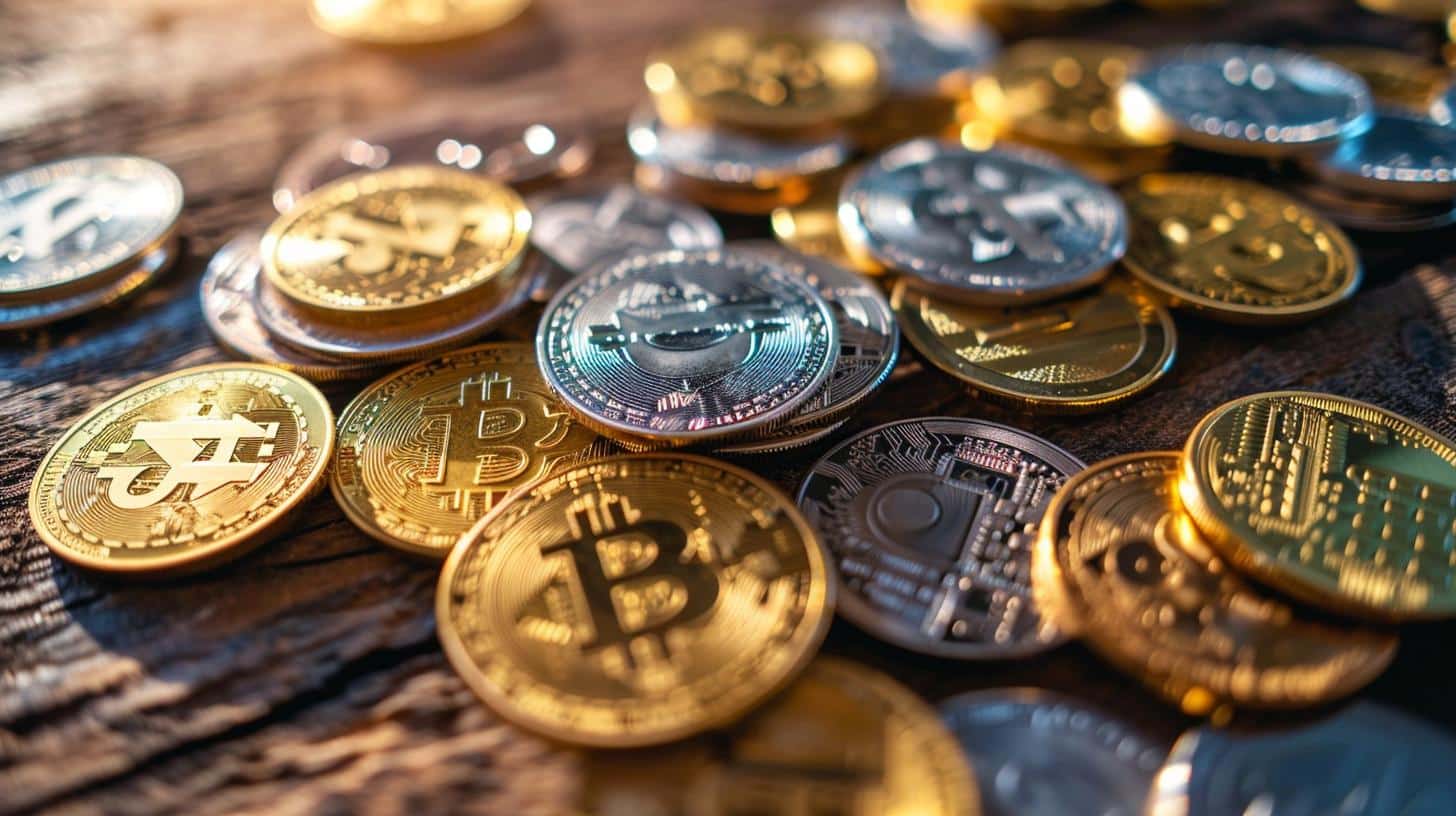===INTRO: Centralized Finance vs. Decentralized Finance: Pros and Cons
In the world of finance, two major models have emerged as the primary means of conducting transactions: centralized finance (CeFi) and decentralized finance (DeFi). While both have their advantages and disadvantages, understanding the pros and cons of each is essential to make informed decisions about how we manage our money.
===Centralized Finance: The Pros and Cons
Centralized finance, often associated with traditional banking systems, offers a range of benefits. Firstly, it provides a sense of security and stability since transactions are regulated by centralized institutions such as banks and governments. These institutions have long-established systems to protect against fraud and ensure customer funds are safeguarded. Additionally, centralized financial systems often have robust customer support infrastructure, making it easier for individuals to seek assistance when needed.
However, centralized finance also has its drawbacks. One significant concern is the potential for censorship and control by centralized authorities. Governments and banks have the power to freeze or restrict access to funds, limiting financial freedom. Moreover, centralized systems typically involve intermediaries, leading to slower transaction times and higher fees. This can be especially burdensome for cross-border transactions, hampering international trade and economic growth.
===Decentralized Finance: Advantages and Disadvantages
Decentralized finance, on the other hand, offers a more open and permissionless approach to financial transactions. Powered by blockchain technology, DeFi eliminates the need for intermediaries and gives users full control over their funds. This increased autonomy is particularly appealing for those who value privacy and want to avoid the risks associated with centralized institutions.
Another advantage of DeFi is its potential for innovation. With decentralized platforms, developers can create and deploy their financial applications without needing approval from centralized authorities. This opens the door for a wide range of new financial services and products to emerge, catering to specific needs and enabling broader financial inclusion.
However, DeFi also has its downsides. The lack of regulation and oversight in decentralized systems can expose users to higher risks, including scams and security breaches. Additionally, the complexity of DeFi platforms can be a barrier for individuals unfamiliar with blockchain technology, limiting its accessibility to a more tech-savvy audience.
===Comparing Centralized and Decentralized Finance
When comparing centralized and decentralized finance, it is essential to consider various factors. Centralized finance offers stability, security, and established support systems. However, it also comes with central control and potential limitations on financial freedom. On the other hand, decentralized finance provides autonomy, innovation, and the potential for more inclusive financial services. Yet, it lacks the same level of regulation and can be more challenging for newcomers to navigate.
===The Benefits and Drawbacks of Centralized Finance
Centralized finance, with its well-established infrastructure, brings a sense of security and stability to financial transactions. Customers can rely on the support of centralized institutions in case of any issues. However, this comes at the cost of potential censorship and control over funds, as well as longer transaction times and higher fees due to intermediaries.
===Exploring the Pros and Cons of Decentralized Finance
Decentralized finance offers users a level of autonomy and privacy that centralized systems cannot match. It allows for innovation and the creation of new financial services without the need for approval from centralized authorities. However, the lack of regulation and the complexity of decentralized platforms can expose users to higher risks and limit accessibility to a more tech-savvy audience.
===OUTRO: The choice between centralized and decentralized finance ultimately comes down to individual preferences and risk tolerance. While centralized finance provides stability and support, decentralized finance offers autonomy and potential for innovation. As the world continues to embrace new technologies, finding a balance between these two models may pave the way for a more inclusive and secure financial system.













